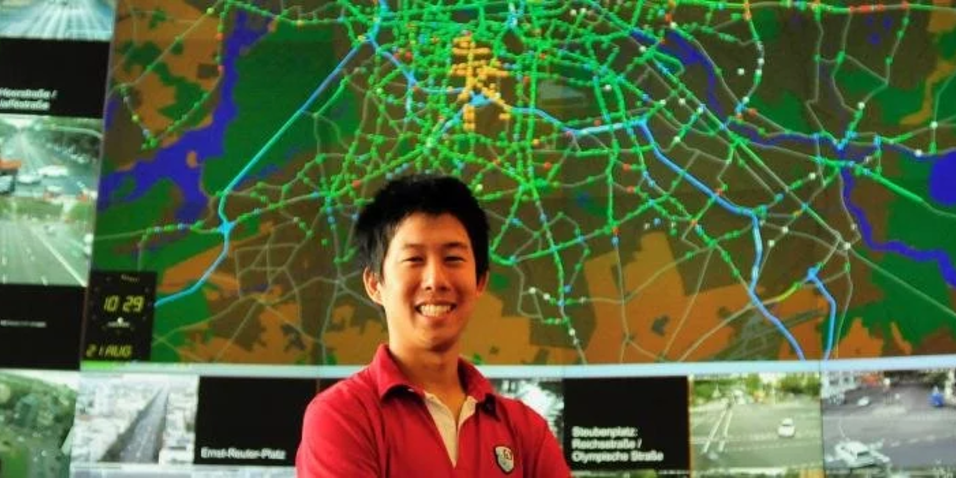
Partnerships for Climate Justice in the Bay Area Fellowship 2024: Research to Support a Community-Led Just Transition in Richmond
Overview
The world of petroleum refining is coming to an end, and the stakes are high for this transition. There are many recent and ongoing examples of Unjust Transitions for communities with refineries and heavy industry, predominantly low-income Black and Brown communities. In recent years, we have seen the overnight shutdown of industry with widespread layoffs, companies going bankrupt while leaving land toxic and polluted, and numerous explosions from unsafe equipment practices. Meanwhile, refineries across the country are turning to producing dirty Hydrogen and biofuels as a strategy to extend the lifespan of aging infrastructure. This introduces a host of additional concerns for workers, surrounding communities, and the global food system. All of these Unjust Transitions protect corporate profits, while abandoning both workers and communities that have borne the impacts of these industries for generations.
For over a century, the Chevron Refinery has polluted Richmond’s air with its toxic emissions, land with its hazardous waste, and local politics with its money. Communities for a Better Environment (CBE) is fighting for a Just Transition away from this history. This means a transition away from the current, extractive economy in which Chevron plays an outsized role, towards a regenerative economy in which workers, the community, and the environment are supported. Doing so requires deep community planning and visioning, and research will play a key role in facilitating this process.
This fellowship will support Communities for a Better Environment in conducting research to support their campaign for a Just Transition in Richmond. As with all of CBE’s research, this project will be integrated into ongoing legal advocacy and community organizing. The primary goal will be to develop useful tools and resources that are genuinely impactful for the Richmond community.
About the Fellowship
The fellow will work with CBE to support its Just Transition research. Projects will be designed based on the skill sets of applicants. However, the following are examples of what Just Transition research may focus on:
-
Air, soil, and water contamination due to refinery activity
-
Emergency preparedness following fires, flaring events, and other refinery crises
-
Pollution accountability through community participatory science
-
Relevant local legislation, permitting processes, and regulations
-
Impact on municipal finance from potential tax base loss
-
Hydrogen production at refineries
The fellow may be asked to contribute to the following:
-
Drafting whitepapers, memos, blog posts, fact sheets, and infographics
-
Designing materials, such as presentations and curriculum, for community engagement
-
Giving presentations to community members
-
Creating approachable mutual aid and resource guides
-
Drafting comment letters and providing testimony to engage with state, regional, and local regulators
-
Break down technical policy into useful summaries
Preferred qualifications:
Just Transition research requires a range of skills and expertise. Advanced undergraduates and graduate students (Masters or PhD-level) in the fields of Chemical Engineering, Earth Systems, Earth System Science, Public Policy, Public Health, and Urban Studies are particularly encouraged to apply, but students from other fields will also be considered. All applicants should bring a passion for social and environmental justice, and excellent research and communication skills.
Stipend
Undergraduate Cardinal Quarter Fellows receive a base stipend of $6,500 (+$500 cost of living adjustment for the Bay Area) to support living expenses during the fellowship. Financial aid and supplemental funding may be available to students who qualify (learn more here).
Students in a 2-year Masters program will receive a stipend of $8,500. Students who have begun their coterm programs (i.e., students who are paying for graduate tuition) will also receive a stipend of $8,500. PhD students who will be on a 50% time (20 hours/week) assistantship during the summer will receive up to $4,000 for a part-time summer fellowship (max 16 hours/week). PhD students who have the flexibility to work full time during the summer (35-40 hours) may receive up to $10,000.
Eligibility
This is a full-time (35-40 hours/week), 9-week opportunity during Summer 2024, starting no later than July 8, 2024. Undergraduate, Coterm, Masters and PhD students from all academic disciplines are encouraged to apply. Priority will be given to students who have completed fewer than two previous Cardinal Quarter opportunities. Graduating students are welcome to apply, but may receive lower priority. PhD students may apply for either a part time or full time position.
Please review our program policies for complete eligibility requirements.
Additional Fellowship Requirements
This opportunity is associated with Partnerships for Climate Justice in the Bay Area (PCJ in the Bay), an initiative to build equitable climate change solutions by supporting partnerships between Stanford students, faculty and Bay Area community leaders. Fellows will be a part of a cohort of other PCJ in the Bay summer fellows placed at sites across the Bay Area.
Additional requirements include:
Spring 2024:
-
Complete an online program orientation.
-
Participate in an in-person Engaging in Ethical and Effective Service workshop at the Haas Center.
-
Identify and meet with an academic mentor at least once.
-
Design a personal learning plan and share the learning plan with your site supervisor and academic mentor.
-
Complete all required pre-orientation forms.
-
Attend the spring kickoff meeting with cohort peers (date TBD).
Summer 2024:
-
Complete a pre-program assessment survey.
-
Attend all PCJ in the Bay Fellows cohort activities (more information will be shared about these events in spring quarter).
-
Complete all reflection activities.
-
Submit a final report documenting your work and reflecting on your learning.
-
Complete a program evaluation survey.
-
Correspond with fellowship donor(s) as requested by fellowships program staff.
-
Complete a post-program assessment survey.
Fall 2024:
-
Meet with your academic mentor at least once.
-
Participate in outreach activities to share the experience and help publicize the program.


